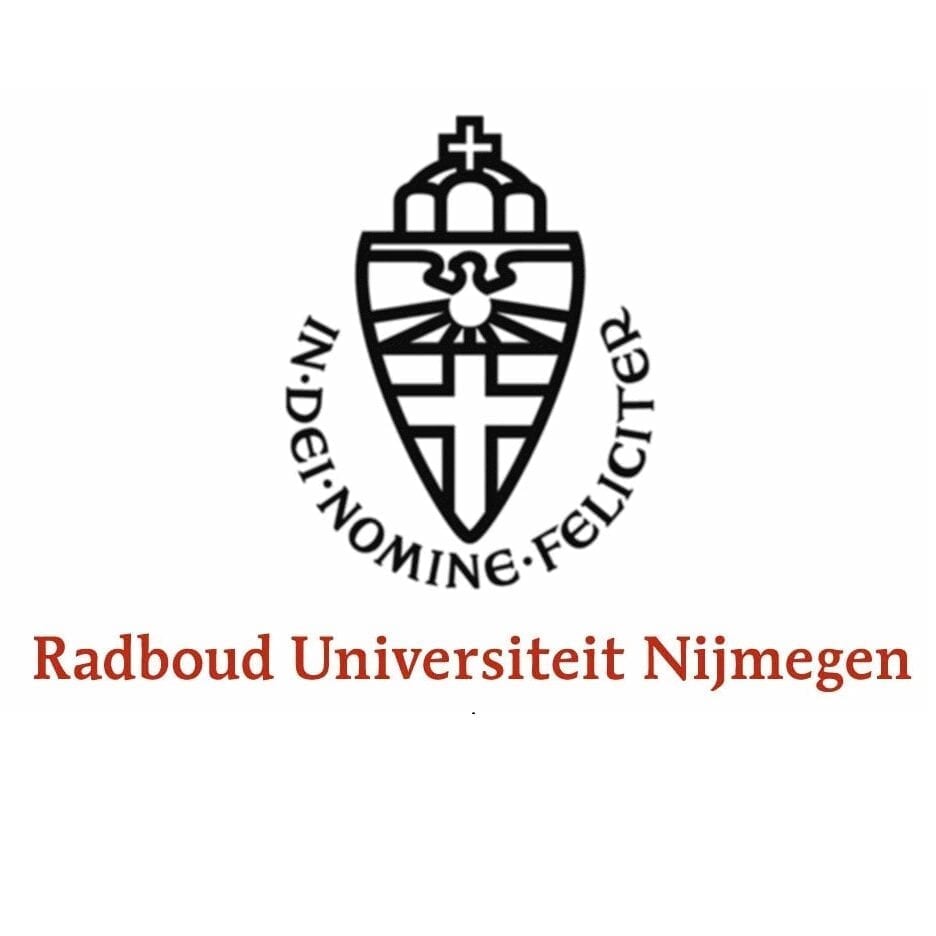
Radboud University Nijmegen (Dutch: Radboud Universiteit Nijmegen, formerly Katholieke Universiteit Nijmegen) is a public university with a strong focus on research located in Nijmegen, the Netherlands.
The Latest Bing News on:
Radboud University Nijmegen Research
- Research & Scholarship
Because it takes a research university. William & Mary is a fully formed university making our share of a university's contributions to the creation of knowledge — research and scholarship. Our ...
- Global Research
Northwestern University is dedicated to collaborating with the best organizations and scholars in the world to advance cutting-edge research and help solve our most intractable global problems.
- Radboud University Shines Spotlight on Brain Research Initiatives
At the end of this month, the university will be shining the spotlight on its brain research with the Healthy Brain symposium ‘The Future of the Mind’. This research is now so wide-ranging that profes ...
- Radboud University and Maastricht University Join Forces to Fund Research in Crop Biotechnology and Engineering
Over the next four years, four young researchers can start research into crop biotechnology and engineering, thanks to the collaboration between Radboud University and Maastricht University. The resea ...
- Breathing not-so-easy: Can meditation and ice baths really set your mind and body free?
However, there was relatively little research on the subject ... In 2011, researchers at the Radboud University Nijmegen Medical Centre in the Netherlands published a study in PNAS indicating ...
The Latest Bing News on:
Radboud University Nijmegen Discovery
- AI Starts to Sift Through String Theory’s Near-Endless Possibilities
Using machine learning, string theorists are finally showing how microscopic configurations of extra dimensions translate into sets of elementary particles — though not yet those of our universe.









